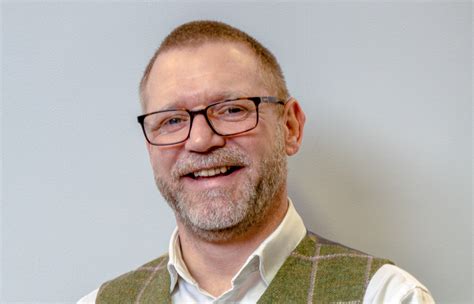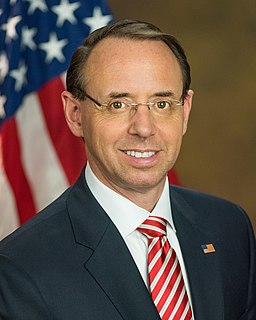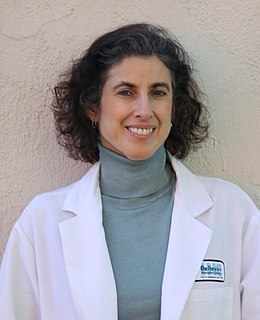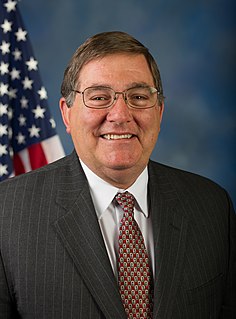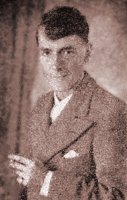A Quote by William F. Buckley, Jr.
Treatment is not now available for almost half of those who would benefit from it. Yet we are willing to build more and more jails in which to isolate drug users even though at one-seventh the cost of building and maintaining jail space and pursuing, detaining, and prosecuting the drug user, we could subsidize commensurately effective medical care and psychological treatment.
Related Quotes
Western governments ... will lose the war against dealers unless efforts are switched to prevention and therapy... All penalties for drug users should be dropped ... Making drug abuse a crime is useless and even dangerous ... Every year we seize more and more drugs and arrest more and more dealers but at the same time the quantity available in our countries still increases... Police are losing the drug battle worldwide.
We have now spent 1 trillion dollars waging the drug war since it began. A trillion. Those funds could have been used for education, jobs and drug treatment in the communities that needed it most. We could have used those funds for our collective well being, instead those dollars paved the way for the destruction of countless lives, families, and dreams.
Doctors are taught in medical school that people ususally underreport their alcohol and drug use, so we genreal double the amount we're told. Don't be insulted if your doctor asks follow-up questions about yout drinking. We're trying to be diligent so we don't miss an alcohol or drug disorfer that could be amenable to treatment.
Now take a look at the way the Drug War is conducted over the past 40 years. It goes back farther, but start from 40 years ago: There's very little spent on prevention and treatment. There's a lot on policing, a ton of stuff on border control and a lot on out-of-country operations. And the effect on the availability of drugs is almost undetectable; drug prices don't change on measures of availability. So there are two possibilities: Either those conducting the Drug War are lunatics, or they have another purpose.
The drug problem is in the United States, not in Mexico. It's a demand problem and that is to be dealt with here, and it is not being dealt with. It's been shown over and over that prevention and treatment are far more cost effective than police action, out-of-country action, border control, and so on.
As a physician I have sympathy for patients suffering from pain and other medical conditions. Although I understand many believe marijuana is the most effective drug in combating their medical ailments, I would caution against this assumption due to the lack of consistent, repeatable scientific data available to prove marijuana's benefits. Based on current evidence, I believe that marijuana is a dangerous drug and that there are less dangerous medicines offering the same relief from pain and other medical symptoms.
There is a safe, nontoxic drug called naloxone that can instantly reverse opioid overdose and prevent most of these deaths. But the drug war interferes with saving overdose victims in two ways: first, because witnesses to overdose fear prosecution, they often don't call for help until it's too late. Second, because the drug war supports the belief that making naloxone available over-the-counter or with opioid prescriptions would encourage drug use, the antidote is available only through harm reduction programs like needle exchanges or in some state programs aimed at drug users.
I'll tell you what I'd do if it were up to me: I would establish a strictly controlled distribution network through which I would make most drugs, excluding the most dangerous ones like crack, legally available. Initially I would keep the prices low enough to destroy the drug trade. Once that objective was attained I would keep raising the prices, very much like the excise duty on cigarettes, but I would make an exception for registered addicts in order to discourage crime. I would use a portion of the income for prevention and treatment. And I would foster social opprobrium of drug use.


